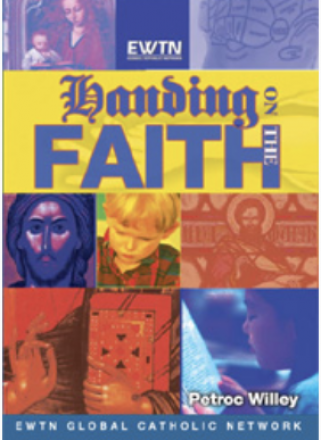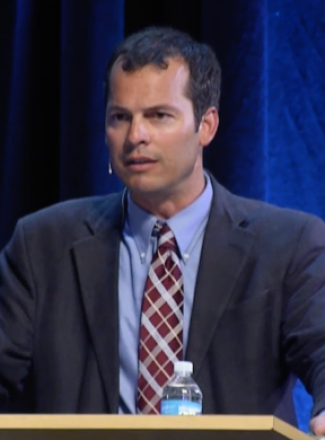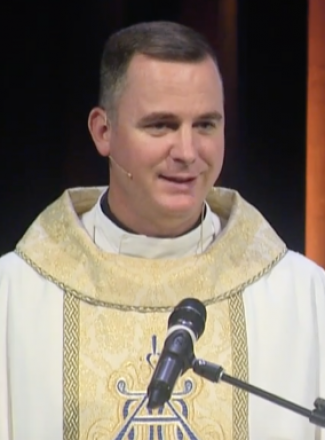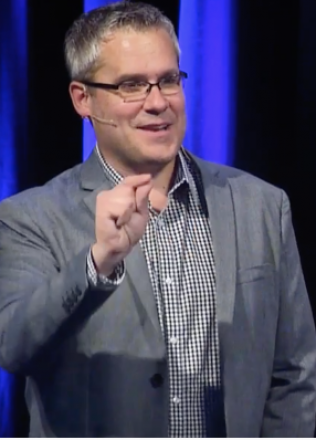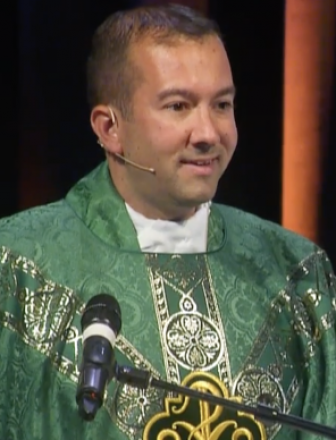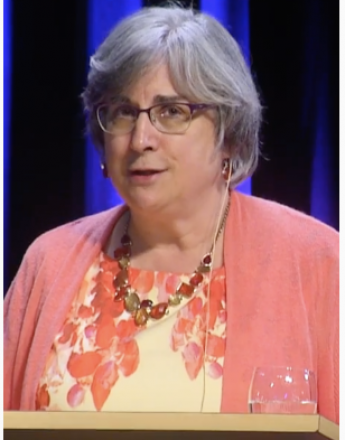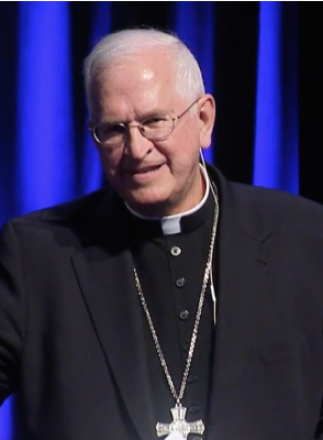Video
Dr. Petroc Willey
Click to purchase DVD set on the Catechetical Review website. Dr. Petroc Willey, leads a panel of discussions with professors of catechetics and catechetical leaders in the field about handing on the Faith in personal, integral, and engaging ways. Whether you're a religious educator or an earnest layperson, these masters of catechesis can equip you to bring the Faith to anyone and everyone. Dr. Willey invites his guests to discuss and explain the purpose of catechesis, its progressive stages, its challenges, the sources of the Faith and how to implement them, and the vocation and role of the catechist. Every DRE and catechist will benefit from Handing on the Faith. Thirteen 30-minute segments: 1. Handing on the Faith Today 2. The Pedagogy of God 3. Handing on the Faith Personally 4. Handing on an Adult Faith 5. Handing on Faith Holistically 6. Handing on an Organic Faith 7. Handing on the Story of Faith 8. Handing on the Faith Scripturally 9. Handing on the Faith Prayerfully 10. Handing on the Faith Liturgically 11. Handing on the Faith Truthfully 12. Handing on the Faith Beautifully 13. Holiness-the Point of Handing on the Faith


